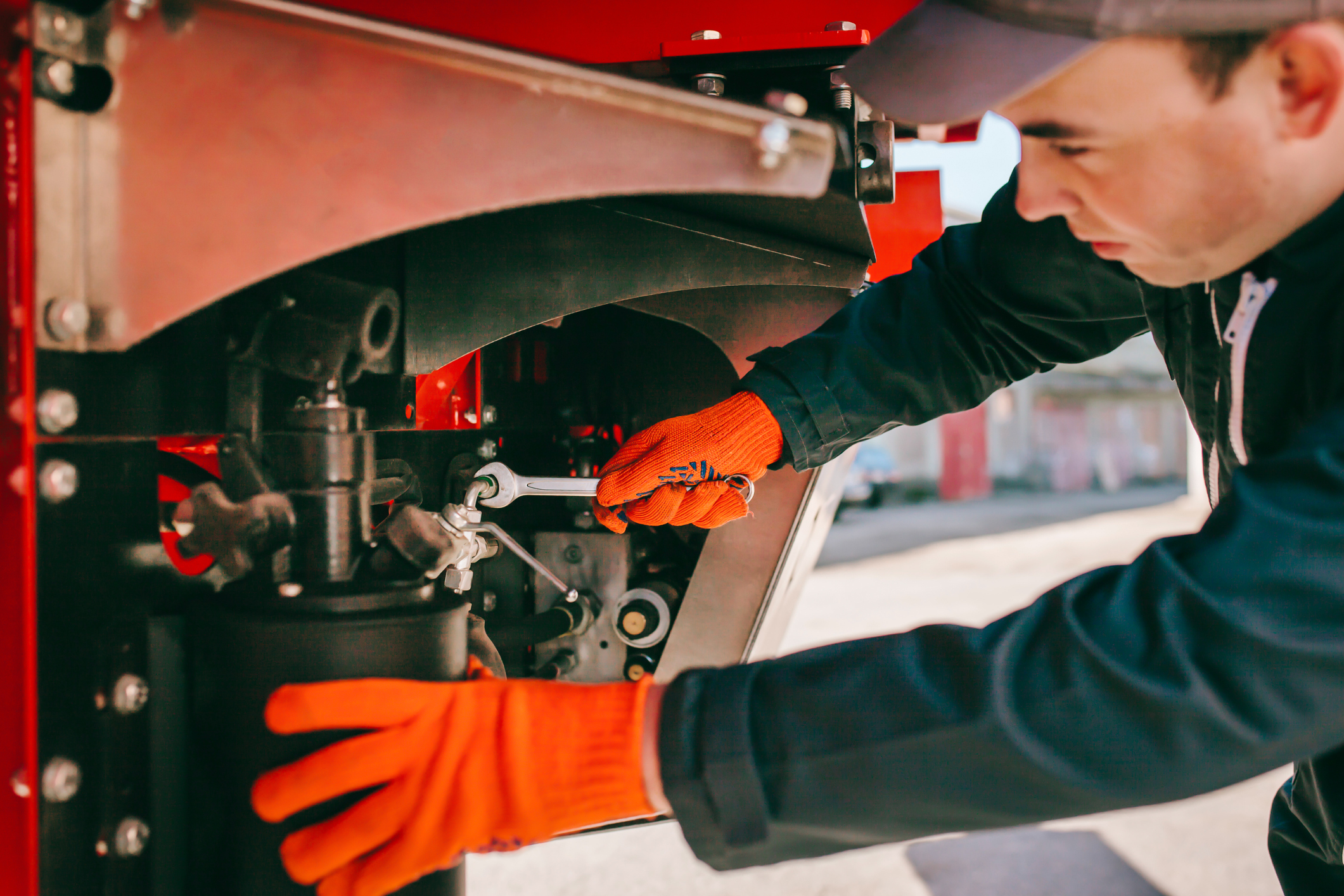From autonomous tractors to drone surveys, here’s what the future of farm work really looks like.
Farming Is Changing - Just Ask Clarkson
When Jeremy Clarkson leased a driverless AgBot tractor for his farm earlier this year, it wasn’t just for dramatic effect. It was a practical move to reduce time spent behind the wheel and increase planting accuracy across 200 acres. While Clarkson’s methods often spark debate (and a few eye rolls), his decision reflects a genuine shift happening across UK agriculture.
More farms - large and small - are turning to technology to solve real-world problems. And with that comes rising demand for workers who can operate, maintain, and support these systems. Whether you’re from a farming background or coming from another industry, there’s growing opportunity in this space.
This guide breaks down the tech-driven roles emerging in agriculture, what skills are in demand, and how to get started.
What's Driving the Growth of Tech Jobs in Farming?
Several factors are reshaping how farms operate and who they hire:
Labour shortages - especially during peak seasons
Cost pressures - fuel, fertiliser, and feed prices remain high
Efficiency demands - precision helps reduce waste and maximise output
Digital tools becoming more accessible - automation, sensors, and software are no longer niche
A push for sustainability - data helps cut emissions and improve soil health
Together, these changes are creating a growing need for a different kind of farm worker - one who can combine hands-on awareness with digital and technical skills.
The Clarkson Effect: A Snapshot of Modern Machinery
Clarkson’s AgBot T2, manufactured by Agxeed, is a nine-tonne autonomous machine capable of drilling, cultivating, and rolling fields with minimal human input. It uses satellite data to plant with 2.5cm accuracy and adjusts its seeding rate based on detailed soil mapping of the farm.
It’s a useful example - not because every farm can afford one, but because it shows where things are heading. Machines don’t get tired. They don’t miss patches. And they increasingly need operators who understand both farming and technology.
What Kinds of Tech Jobs Are Emerging in UK Agriculture?
Here’s a breakdown of the most common (and growing) roles across modern farms and agri-businesses:
1. Agri-Tech Engineers
Work with advanced machinery like autonomous tractors, robotic milkers, and precision sprayers.
Skills needed:
Mechanical and electrical engineering
Machine diagnostics and calibration
Familiarity with agri-vehicle systems and remote monitoring tools
2. Precision Farming Advisors
Help farmers use data to make better decisions around seeding, fertilising, irrigation, and harvesting.
Skills needed:
Agronomy
Field data interpretation
GPS and sensor-based systems
3. Drone Operators and Survey Technicians
Use UAVs to monitor crop health, map fields, inspect fencing or livestock, and capture aerial imagery.
Skills needed:
GVC drone operator certification
Image analysis (NDVI, thermal)
Knowledge of drone platforms and software
4. Farm Software Support Technicians
Help set up and manage digital platforms for farm planning, stock control, compliance, and machinery tracking.
Skills needed:
Familiarity with farm management platforms (e.g. Gatekeeper, Muddy Boots, AgriWebb)
Training and support experience
Problem-solving and user guidance
5. GIS and Soil Analysts
Use mapping software to assess land quality and help farms optimise field layout and planting patterns.
Skills needed:
GIS software (ArcGIS, QGIS)
Soil science and agronomy basics
Data analysis and report writing
Where Are These Jobs Based?
Tech jobs in farming are appearing across the UK - not just in big estates or R&D labs:
East Anglia and Lincolnshire – large-scale arable operations using precision seeding and crop sensors
Wales and the South West – dairy farms adopting robotics and feed management systems
Scotland – estates using drone mapping for forestry and estate planning
Start-ups and suppliers – often looking for remote or hybrid staff with digital experience
Do You Need a Farming Background?
Not necessarily. Many employers are looking for:
Engineers who want to apply their skills in a practical, hands-on environment
Technicians who can support software and hardware in the field
Data or drone specialists who are open to learning the language of farming
Agricultural workers willing to upskill with tech-based training
What matters most is your adaptability, problem-solving mindset, and willingness to work in rural settings.
How to Get Into Agri-Tech
Entry Routes:
Apprenticeships with agri-tech manufacturers or large farms
College/university courses in agricultural engineering or precision farming
Transition from engineering, software, or data analysis roles
Short courses in drone operation, GPS systems, or soil science
Useful Certifications:
GVC drone licence
BASIS/FACTS
Level 3–5 diplomas in agricultural or land-based engineering
CPD courses in agri-software, GIS or machine diagnostics
What Employers Are Looking For
From our experience recruiting for farms and agri-businesses, here’s what stands out:
Good problem-solving skills
Comfort working with machines or data
A team player mindset
Reliability and time management
Ability to communicate with non-technical colleagues
It’s not about being a tech wizard. It’s about being practical, curious, and willing to learn.
Final Word: New Tools, New Roles, Same Sector
Whether it’s Jeremy Clarkson watching his tractor work while he’s at the Cheltenham Gold Cup, or a Lincolnshire farmer fine-tuning their yield with drone imagery, technology is becoming a daily part of farming.
But it still takes people to make it all work.
At Agricultural Recruitment Specialists, we help match skilled professionals with employers across the UK who are embracing this shift. If you're looking to build a career in agri-tech - or need the right people to support your next investment in farm technology - we can help.













